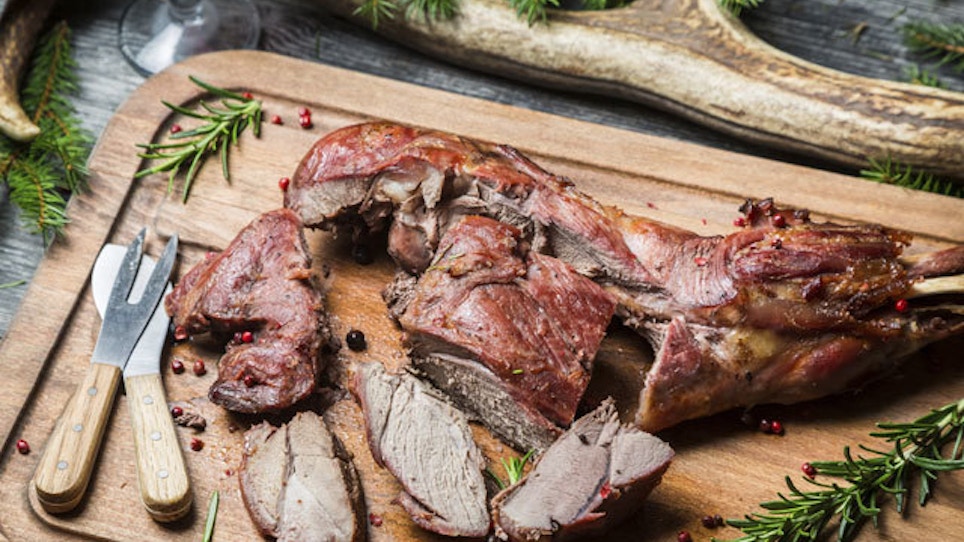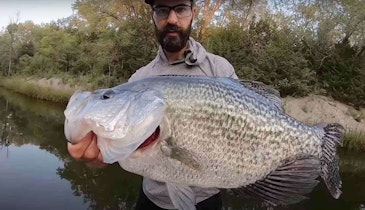When considering ways to help more Americans connect to hunting and control deer herds, wildlife professionals increasingly suggest joining forces with the “locavore” movement.
What’s a locavore? They’re people who prefer eating locally produced foods from within 100 to 250 miles of their home or where they buy it. This includes meat, fish, fruits, vegetables, honey, maple syrup and other products from farmers and other local sources. Locavores often shop at farmer’s markets and support CSA — community supported agriculture.
They believe locally produced food is fresher, healthier, more nutritious and better-tasting than most supermarket foods from large farming operations. Therefore, they’re often receptive to hunting and wild game, reasoning that few food sources can be more organic, free-ranging and pesticide-free than wild deer and other animals.
“I think the locavore movement has unlimited potential,” said Matt Knox, a deer program coordinator with Virginia’s Department of Game and Inland Fisheries. “Locavores often want to learn how to hunt, fish, kill, eat venison and be part of the process. Many of them are part of that 94 percent of Americans who don’t hunt, but they realize wild deer are as ‘green’ as it gets. They’ve never been held captive and you can control their death. Locavores respect that. When they see hunting from that perspective, they think it helps the environment and turns backyard deer into healthy, high-protein food sources. That’s a win, win, win.”
Brian Murphy, CEO of the Quality Deer Management Association, also sees the locavores’ potential. “Not all locavores want to hunt, but most of them look for sources of lean, healthy meat,” he said. “Hunters can’t sell them meat, but there’s other ways to work with them. My mother is nearly an animal-rights activist, but she’ll pay the processing fee for a hunter’s deer in exchange for the meat.”
Photo by Shaiith/Getty Images/iStockphoto/Thinkstock






